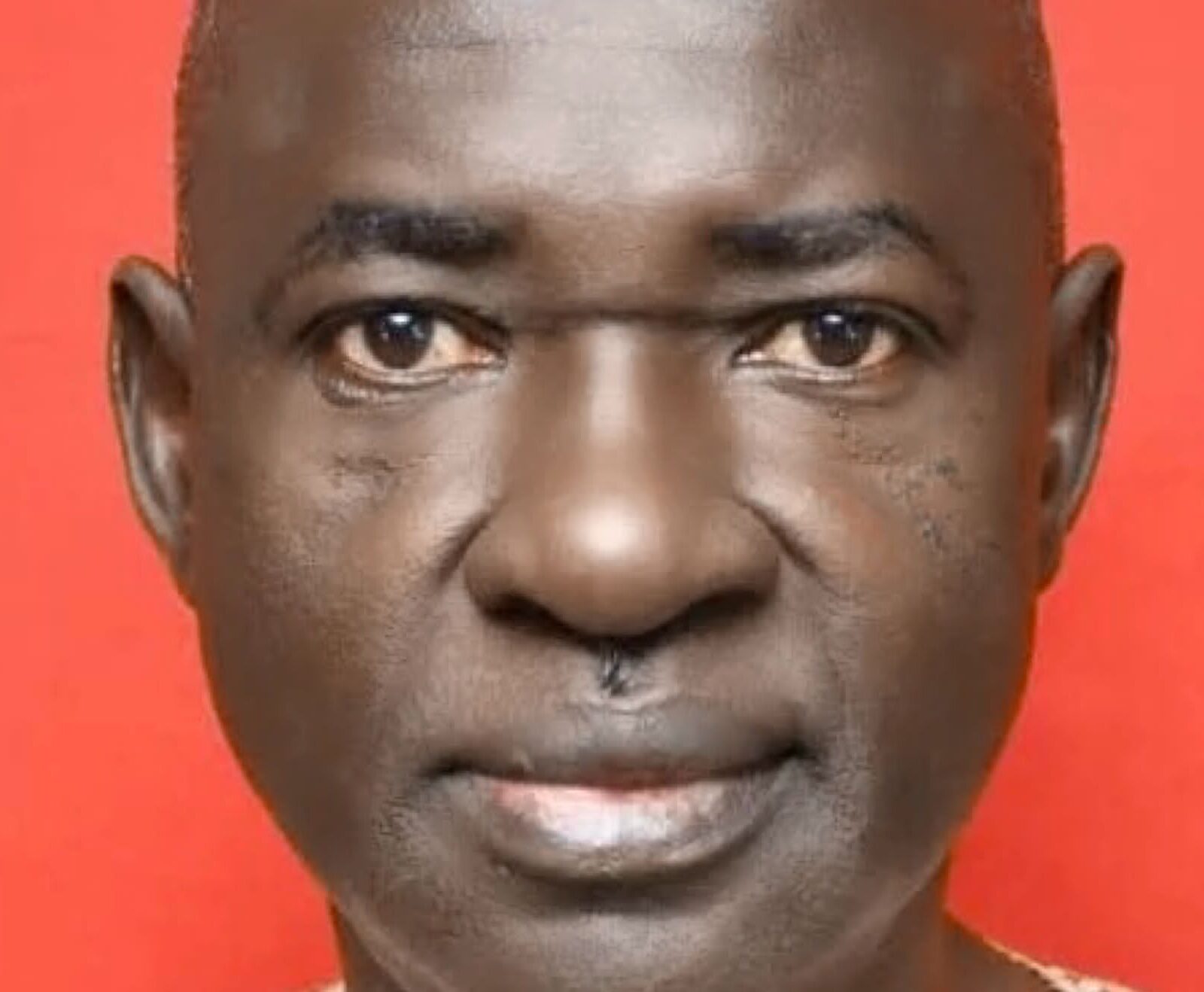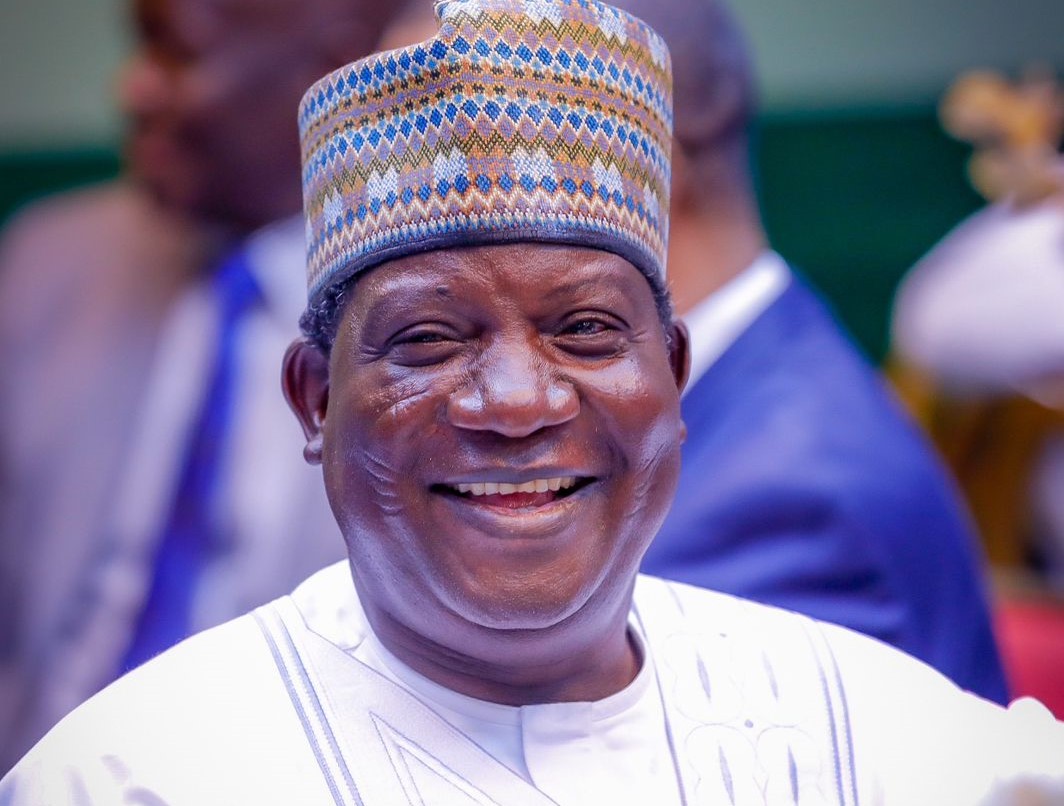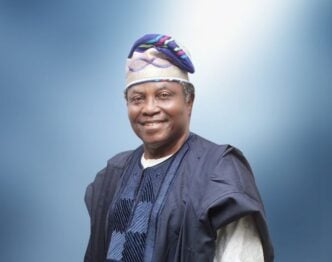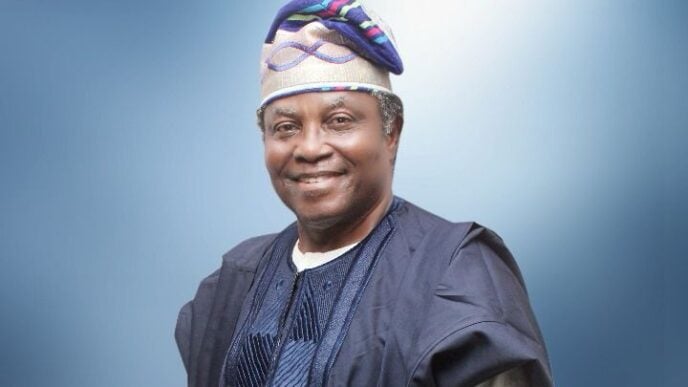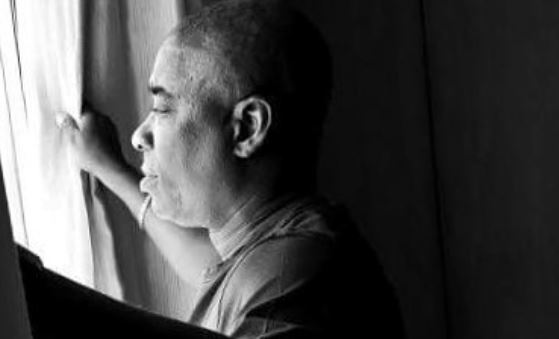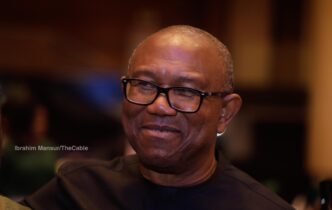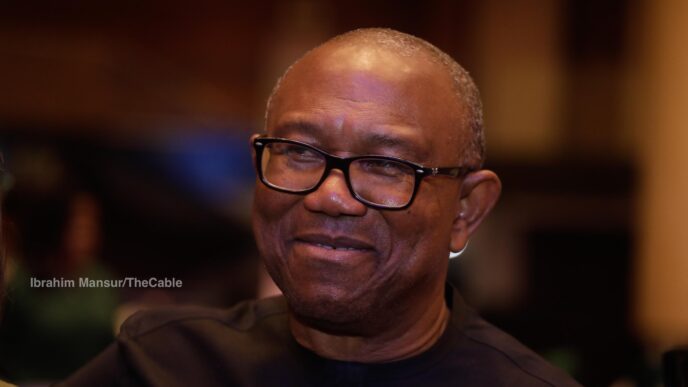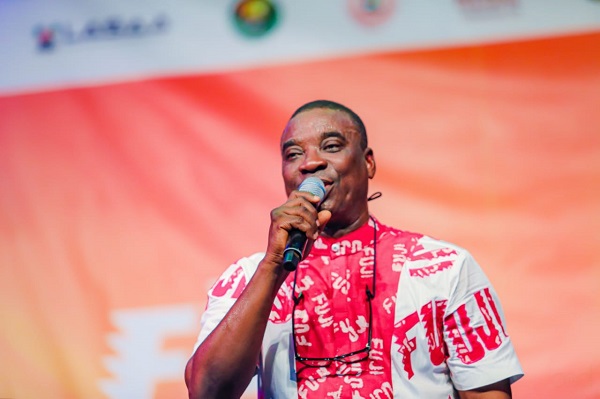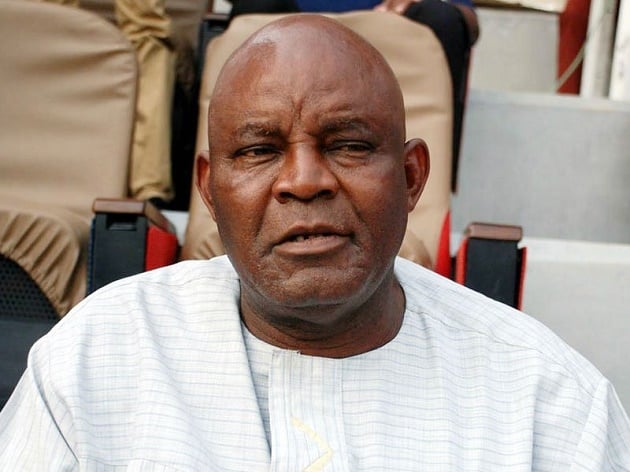The bill is promoted by Lalong
The Traditional Rulers Council Bill being deliberated in the Senate has generated enough heat to further unsettle the nation’s fragile and combustible socio-political atmosphere. The instrument proposed by Senator Simon Lalong, APC Plateau South and a former Governor of Plateau State, was first introduced in October last year and has passed its second reading. The strong pushback it has elicited from various parts of the country signals the vehemence of the oppositions that await it if it ever scales the remaining hurdles to become law. Whatever positives its promoter and supporters have conceptualised are being drowned out. And the proposed National Council of Traditional Rulers may just not happen in this generation.
This pessimism is hinged on the very nature of the subject itself. But first, the motivation. Like some other federal legislative chambers before them, the Senate and House of Representatives have been contemplating constitutional amendments; one being the repositioning of traditional rulers to strengthen governance architecture. This thinking, innocuous and potentially beneficial, has also gained currency in the House. All things being equal, Nigerians should try out ideas that can bring solutions to the numerous challenges bedevilling their country without much stress.
Not now, however. Nerves have been so bruised along well-known fault-lines that sleeping on suggested or real infractions is no longer an option. Even though Senator Lalong has denied it, it’s already all over town that his bill contains a provision that makes the Ooni of Ife and Sultan of Sokoto permanent co-chairmen of the planned council. Whether that information is factual, blamed on the proverbial printer’s devil or an outright fabrication, it doesn’t matter now. It has touched something deep in the recesses of the souls of citizens, many of whom have little left of their sense of nationalism. Virtually every component of the federation complains about one form of marginalisation or the other. Now, the most important thing that traces the people directly to their ancestry – ethnicity – is about to be structurally threatened.
For long, Nigeria has had to grapple with divisive elements like region, religion and ethnic nationalities. Politicians, especially, have continued to exploit them to selfish ends. They have so mastered their craft that the masses who, in truth, are united by hardship which respects no geographical, religious and ancestral lines, are always willing to sacrifice their common realities in favour of primordial allegiances. So, this attempt to permanently exalt the seats in Sokoto and Ife, paramount symbols of the Fulani and Yoruba respectively, in a climate already fouled by bigotry and domination of all sorts can’t escape thorough thrashing. That has come in torrents, as expected.
Advertisement
By far the most outstanding objection to that bill is from a Kaduna-based group, Concerned Hausa Stakeholders. For it, “this bill is ethnically biased, historically misleading, and constitutionally indefensible. Nigeria is not a two-ethnic federation of Fulani and Yoruba. It is a multi-ethnic republic where equal representation, historical truth, and federal character must be respected…. To recognise only the Sultan of Sokoto and the Ooni of Ife is a deliberate marginalisation of other Nigerian civilisations….
“This bill promotes ethnic hierarchy, not unity. By elevating only two monarchs from two ethnic groups, Fulani and Yoruba, it risks entrenching resentment, division, and institutionalised injustice.
No single monarch, no matter how respected, can represent entire regions or religions…. This is not just about titles. It is about historical truth, ethnic dignity, and equal citizenship in the Nigerian project…. Any national traditional leadership must be based on historical legitimacy, federal character, and inclusive dialogue, not political favouritism. We will not accept any structure that seeks to override or erase the historical presence, sovereignty, and dignity of the Hausa nation, nor will we condone the exclusion of other ethnic nationalities.”
Advertisement
The symbolism of the intervention by this Hausa pressure body goes beyond the agitations of the moment. One coinage that has featured for long in the country’s political history is Hausa-Fulani. Whatever that means. Either out of ignorance or mischief, it has been used to describe a chunk of the population in northern Nigeria as if it’s a single ethnic block. Some Hausas who have tried to educate people about the truth of their heritage have been largely ignored. It’s now becoming clear that this deliberate characterisation might not continue much longer. Religion which is the defining factor in the intricate relationship between the two distinct ethnicities appears not to be strong enough to blur their linguistic and cultural differences; hence the need to recognise ethnic classification as being far stronger than any belief system.
Responses from other ethnic groupings to the bill also point to its peculiar sensitivity. Ijaw National Congress (INC): “No traditional ruler from another tribe or religion is superior to another. The National Assembly should step down the provocative and dehumanising, offensive bill that will cause a serious rift and breach of peace in Nigeria…. It is a highly insensitive and dangerous bill”. Surely, danger lies ahead if the sensibilities of any tradition or culture are trampled upon, deliberately or otherwise.
Binis, through Ogbakha-Edo, have this to say about the sacred stool of their Oba: “This ill-conceived and historically unjustifiable proposal is not only logically flawed but also provocative, divisive, and culturally offensive. It represents a blatant attempt to institutionalise supremacy where none exists, and to exploit past protocols of convenience – wherein certain decisions are made and certain actions taken for the sake of political expediency. The Benin people, anchored in centuries of cultural pride and historical sovereignty, vehemently reject any move that seeks to subordinate the imperial and highly revered throne of the Oba of Benin to any other traditional or religious authority under the guise of national unity or representational balance. While the Oba of Benin is currently categorised among the highest-ranking traditional rulers in Nigeria, it is absolutely unacceptable – indeed, an affront to justice and history -to diminish his stature through such unwarranted and biased constitutional manipulation.”
And, as Ohaneze, apex pan-Igbo socio-cultural organisation puts it, “the Senate in this vein has failed in its capacity as the highest legislative carrier and custodian of the nation’s democratic mandate. This bill is not only inequitable, discriminatory and ethnocentric, it is equally distasteful, reprehensible, and objectionable. It lacks all the ethical considerations, objective metrics and unbiased categories for national unity and social justice in a pluralist nation-state like Nigeria.”
Advertisement
Comments by representatives of many other nationalities like Tiv, the largest minority in the north, and Igala, the seventh biggest ethnic group in Nigeria, may not have been reproduced here but those quoted truly represent the thoughts and sentiments of majority of the Nigerian people. These can only be dismissed at huge costs. Have Lalong and his co-travellers in the National Assembly even thought about whether their pet proposal belongs to the exclusive or concurrent list in the constitution?
While the legality of the bill is still being debated, knowing what Nigeria has become, nothing is impossible here. This may be yet another kite flown before the nation finally descends into a full-blown civilian dictatorship on the wheels of ethnicity. The ever-increasing dominance of Fulani and Yoruba in the political fortunes of a democratic Nigeria is not in doubt. The north west and south west possess the country’s highest concentration of voters, a profile that makes them arguably the most favoured in terms of political appointments, at least under this administration.
Imposing their leading traditional or religious leaders on the rest from the other parts of the country would be a treacherous overkill. A simple formula like equitable rotation of chairmanship is preferable to this inciting reported proposition.
Ekpe, PhD, is a member of THISDAY editorial board.
Advertisement
Views expressed by contributors are strictly personal and not of TheCable.
